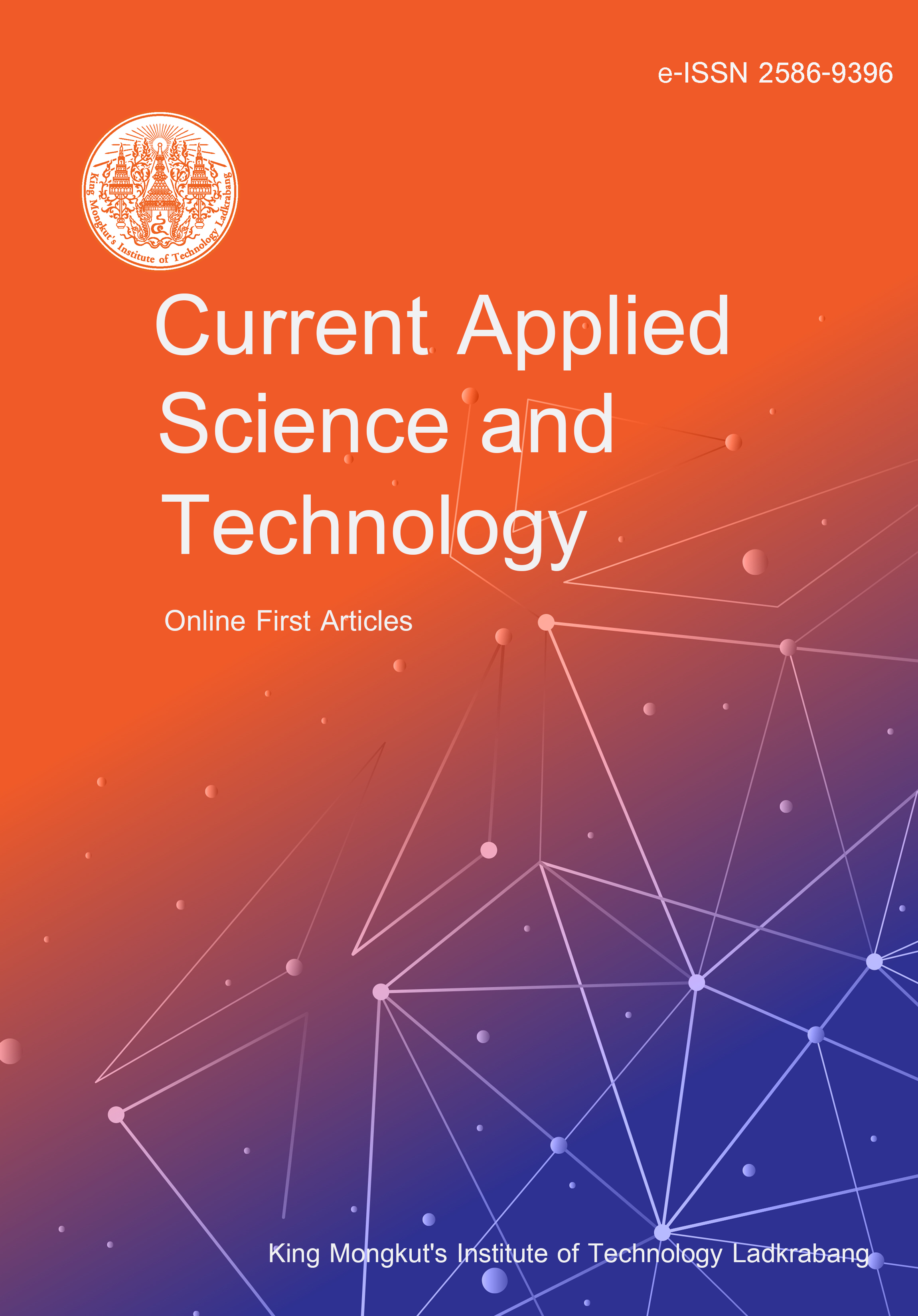Broiler chickens are widely used as livestock due to their relatively short growth period, enabling rapid turnover and efficient meat production. Black soldier fly (BSF) maggot flour is a potential protein source that can be used to enhance broiler productivity. This study aimed to evaluate the effects of fermentation using a yeast combination (Pichia manshurica UNJCC Y-123 and Pichia cecembensis UNJCC Y-157) on BSF maggot biomass, waste reduction index (WRI), feed conversion efficiency, and nutritional quality, as well as its impact on broiler carcass percentage during the starter period. The experiment employed a completely randomized design (CRD) and data was analyzed using descriptive statistics, ANOVA, and Duncan Multiple Range Test (DMRT) at the 95% confidence level. Toxicity testing showed both yeasts were non-toxic with LC₅₀ > 1000. Synergism tests revealed that the two yeasts had a synergistic effect. Fermentation of BSF maggot media with these yeasts significantly influenced (P<0.05) maggot biomass and feed conversion efficiency but did not significantly affect the waste reduction index. The fermentation also had a significant effect (P<0.05) on the nutritional content of BSF maggot flour, improving parameters such as moisture, ash, crude fat, crude fiber, and crude protein content. Furthermore, supplementation of broiler feed with fermented BSF maggot flour significantly increased (P<0.05) the carcass percentage, reaching up to 60%. These findings indicate that fermentation using P. manshurica UNJCC Y-123 and P. cecembensis UNJCC Y-157 enhances the quality of BSF maggot flour and supports its use as a sustainable protein source in broiler feed formulations.
Sukmawati, D. ., Wardah, S. D. ., Noer, M. I. ., Supiyani, A. ., Anggraini, R. ., & Enshasy, H. E. . (2025). Impact of Pichia manshurica UNJCC Y-123 and Pichia cecembensis UNJCC Y-157 on Fermentation of Maggot (Hermetia illucens) Growth Media for Enhanced Broiler Chicken Carcass Quality. Current Applied Science and Technology, e0264523. https://doi.org/10.55003/cast.2025.264523


https://cast.kmitl.ac.th/doi/10.55003/cast.2025.264523